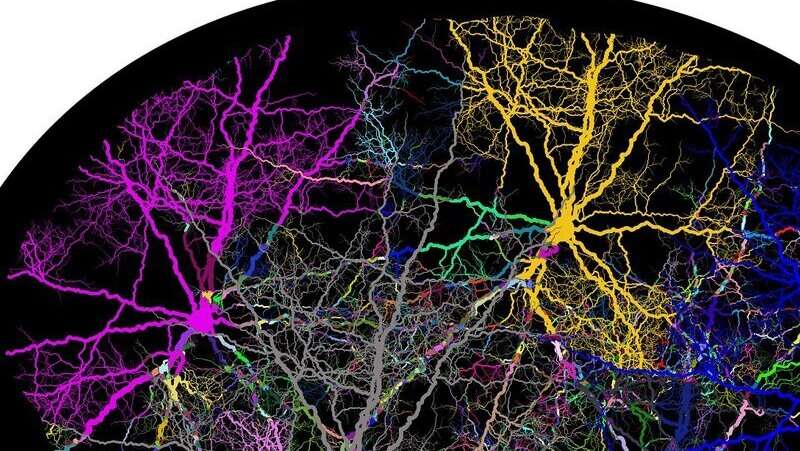
Maintaining abstinence from alcohol can be exceptionally challenging. A main goal of addiction research has been to find out exactly why it’s tough to give up the drink. In Frontiers in Behavioral Neuroscience, a team of researchers investigating how alcohol withdrawal leads to changes in the brain have now identified a possible new target for the treatment of depression related to alcohol withdrawal—a key predictor of relapse.
Somatostatin neurons are inhibitory ‘brake’ type neurons that are capable of silencing other neurons. They have recently emerged as a strong candidate for treatments of psychiatric disorders. Lead author of the study, Nigel Dao, of Pennsylvania State University in the USA, stated that “little work has focused on somatostatin neurons role in addiction and we were excited to explore this uncharted territory and bring forth discoveries of new therapeutic options.”
The researchers randomly assigned mice to alcohol drinking or non-alcohol drinking groups. After 6 weeks, all mice then underwent forced abstinence where they had access to water only. The mice were then tested for anxiety and depression like behaviors using the elevated plus maze, open field test, sucrose preference test and the forced swim test. The brains were then analyzed using fluorescence immunochistochemistry and electrophysiology.
The results showed that withdrawal from alcohol resulted in emotional disturbances that mimic some of the symptoms of depression seen in people, including a lack of interest in rewarding things, as well as a heightened response to stressful events.
When studying the brains of the mice, the researchers found that alcohol withdrawal produced divergent effects on the physiology of somatostatin neurons in the prefrontal cortex and ventral bed nucleus of the stria terminalis. Both brain regions are well known for their role in emotional processing and addiction.
Dao states that “the effects of alcohol withdrawal appeared more pronounced in females, underscoring the complex relationship between addiction and emotional disorders seen in men and women.”
The study is limited as it was conducted in mice; it therefore remains to be determined if these results can be replicated in human patients. Furthermore, the results of the study only revealed what alcohol withdrawal combined with stress exposure could do to the physiology of somatostatin neurons. Senior author of the study, Dr. Nicole Crowley of Pennsylvania State University in the USA, stated that “there is much more to do uncover how it brings about these changes on a synaptic and molecular level,” adding that she “wants to understand how to activate or silence these neurons as a potential treatment.”
The results of this research shed light on the possibility that targeting the somatostatin neurons in the brain, might be a viable candidate for treating depression particularly related to alcohol withdrawal.
Source: Read Full Article